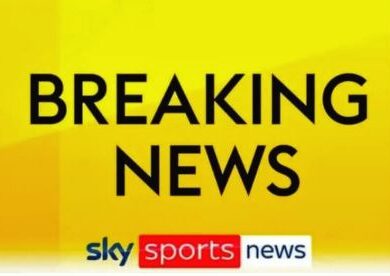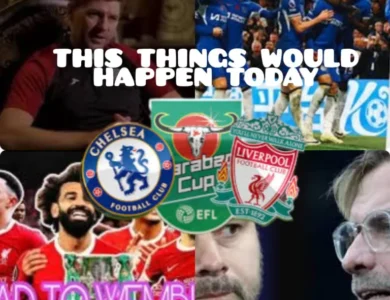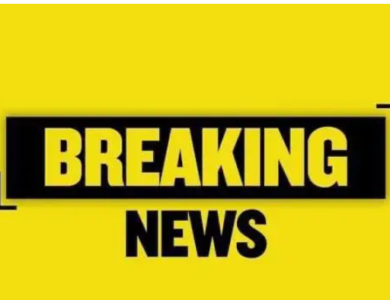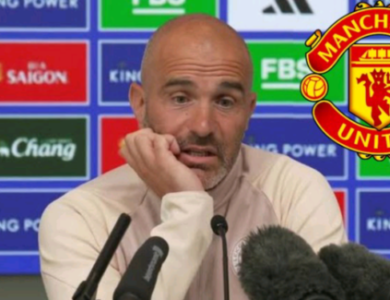Pochettino was not happy with the referee decisions when we last played Liverpool.
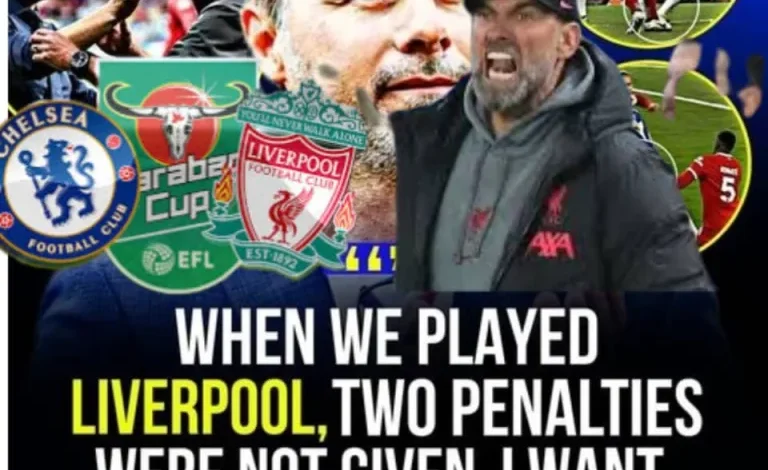
The recent high-stakes match between Chelsea and Liverpool not only electrified football fans but also ignited controversy, leaving Chelsea’s manager, Mauricio Pochettino, visibly unhappy with the referee’s decisions.
Played under the floodlights of a packed stadium, the match had the potential to alter the course of both teams in the competition. However, the aftermath has been dominated by Pochettino’s dissatisfaction with the officiating.
Following the tense encounter, Pochettino approached the post-match press conference with a mix of frustration and disappointment. He didn’t hold back, openly expressing his discontent with the referee’s decisions during the game.
Pochettino specifically highlighted several incidents that he felt significantly influenced the match’s outcome, particularly a contentious penalty decision that favored Liverpool. He vehemently argued that such decisions were unjust and altered the game’s dynamics.
During the press conference, Pochettino emphasized, “I think we all saw what happened out there. The referee’s decisions were, in my opinion, questionable at best. The penalty call, in particular, changed the dynamics of the match. It’s disheartening when such pivotal decisions go against you in a crucial fixture.”
His frustration extended beyond the penalty incident, encompassing other controversial calls and non-calls that he believed favored Liverpool. Pochettino’s remarks triggered a debate within the footballing community, with pundits, fans, and fellow managers weighing in on the perceived injustices.
While acknowledging the inherent competitiveness of football, Pochettino’s visible frustration hinted at a deeper concern regarding the integrity of the game in the face of such decisions.
The fallout from the match is expected to affect not only Chelsea’s standing in the competition but also the broader discussion surrounding the role of referees in high-stakes encounters. Pochettino’s decision to voice his grievances publicly adds an extra layer of drama to the intense rivalry between the two footballing powerhouses.
As the footballing world analyzes the events of the crucial match, lingering questions arise about the implications for Pochettino’s relationship with match officials and how such decisions might shape future encounters between Chelsea and Liverpool. His outspoken criticism raises broader conversations about the necessity for transparency and accountability in refereeing decisions that can sway teams’ fortunes in pivotal moments.
Whether Pochettino’s complaints lead to tangible changes in officiating protocols or spark a larger discourse on the role of video technology in football remains uncertain. However, the aftermath of the Chelsea-Liverpool clash has transcended the confines of the pitch, becoming a focal point for discussions on fairness, accountability, and the unpredictable nature of one of the world’s most beloved sports.

